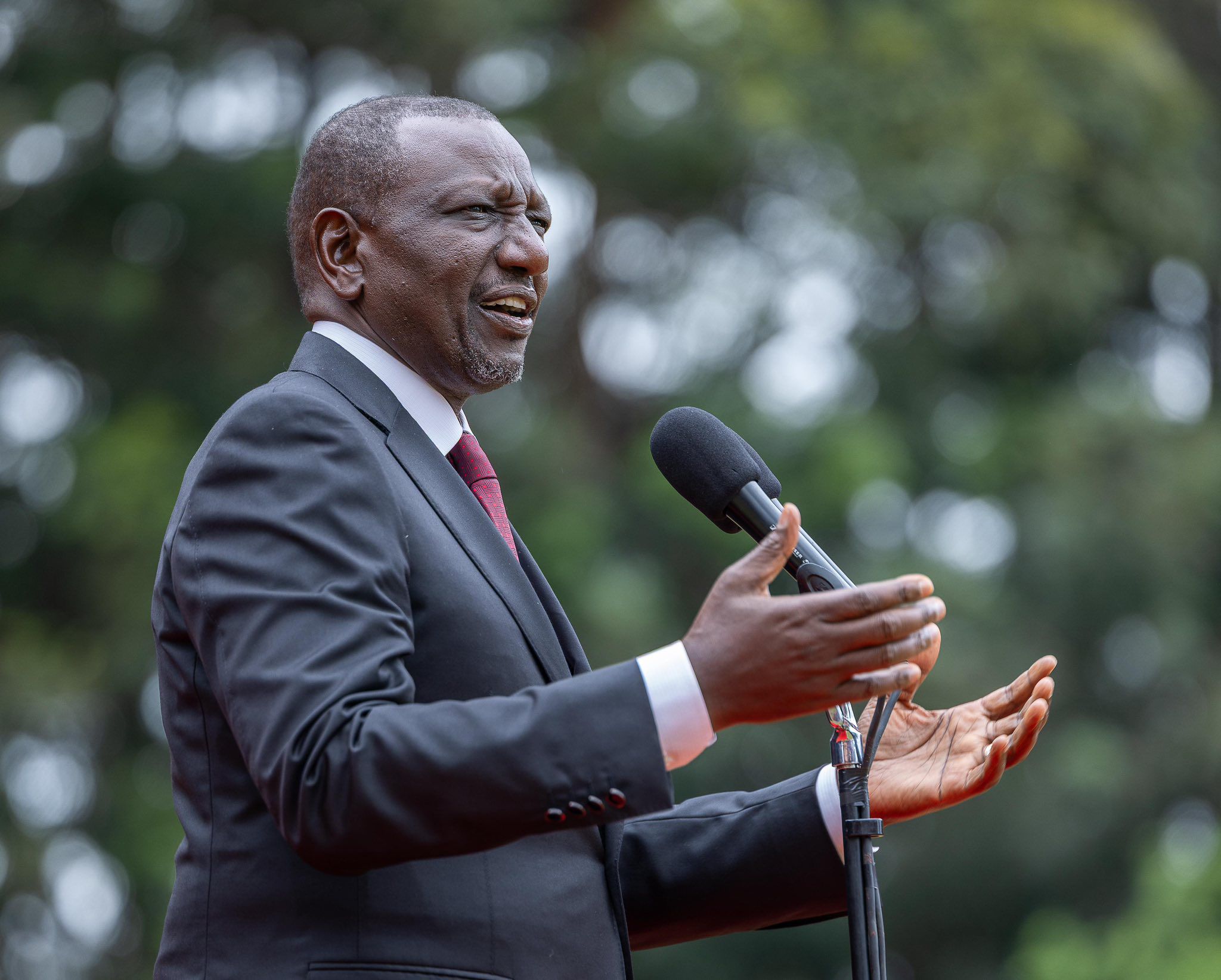$2 Million Milken-Motsepe Prize to Boost AI Manufacturing - Angola
A new $2 million equity-free prize program, backed by South African billionaire Dr. Patrice Motsepe and the Milken Institute, is placing artificial intelligence and manufacturing at the heart of Africa’s technology ambitions.
Unveiled at the 2025 Milken Institute Global Conference in Los Angeles, the Milken-Motsepe Prize in AI and Manufacturing marks the fourth—and most ambitious—edition in a growing series of innovation challenges designed to tackle Africa’s structural issues through technology. This round turns a sharp focus to artificial intelligence and smart manufacturing—two sectors where African participation has remained limited despite strong global momentum.
The $2 million prize pool—including a $1 million grand prize—is intended to support entrepreneurs developing AI-powered technologies that localise production, strengthen supply chains, and create high-quality industrial employment across the continent. Applications are open globally through July 31, 2025.
“We’re excited to see what bold entrepreneurs are doing for the African manufacturing sector to harness the power of AI and other advanced technologies to improve the supply chain in Africa,” said Dr. Emily Musil, Managing Director of Environmental and Social Innovation at the Milken Institute.
Africa is home to nearly 18% of the global population, yet contributes less than 2% to global manufacturing output—a disparity that has long left the continent reliant on imports and vulnerable to international economic shocks.
In South Africa, the need for re-industrialisation is especially pressing. According to Statistics South Africa, GDP grew by just 0.1% in Q1 2025, with manufacturing cited as the largest drag on economic performance. Falling inventories, fractured value chains, and chronic underinvestment have pushed the country’s industrial base into decline.
However, a new generation of tech-savvy entrepreneurs may provide a path forward. Long-term projections from the Institute for Security Studies indicate that manufacturing-led growth could drive more sustainable employment than even agriculture, thanks to its broader impact across logistics, services, and high-value agriprocessing sectors.
What the Prize Aims to Fund
Organisers are calling for transformative solutions that go beyond simply automating factory processes. To qualify, proposals must:
Leverage advanced technologies—such as AI, smart-factory tools, and data analytics—to optimise production, minimise waste, and localise value chains;
Expand access to essential goods, including affordable housing materials, food, and healthcare;
Promote job creation while unlocking export potential across African economies.
While the competition is open to global applicants, its core focus remains Africa. In previous editions, more than 50 startups from across the continent and beyond have received over $6 million in equity-free support. Winning teams have spanned sectors like agritech, fintech, and renewable energy. According to organisers, those startups have already impacted over 530,000 lives and attracted follow-on capital from investors.
This new prize aims to bring manufacturing into that success story.
The Milken-Motsepe Innovation Prize series was launched in 2021 as a joint initiative between the Motsepe Foundation—established by mining magnate Patrice Motsepe and his wife, Dr. Precious Moloi-Motsepe—and the Milken Institute, a U.S.-based think tank. The programme has focused on spurring innovation in high-impact areas such as food, finance, energy, and now, industrialisation.
Unlike traditional grants, these prizes are equity-free, open to global teams, and structured to support both early-stage innovation and later-stage implementation.
Though billionaire-funded philanthropy can sometimes draw skepticism, the Motsepe family’s long-standing commitment—including their 2013 pledge to donate at least half their wealth—has earned the initiative credibility in both philanthropic and policy circles.
Still, the real test lies ahead: whether these technologies can translate into tangible industrial progress for African economies.













